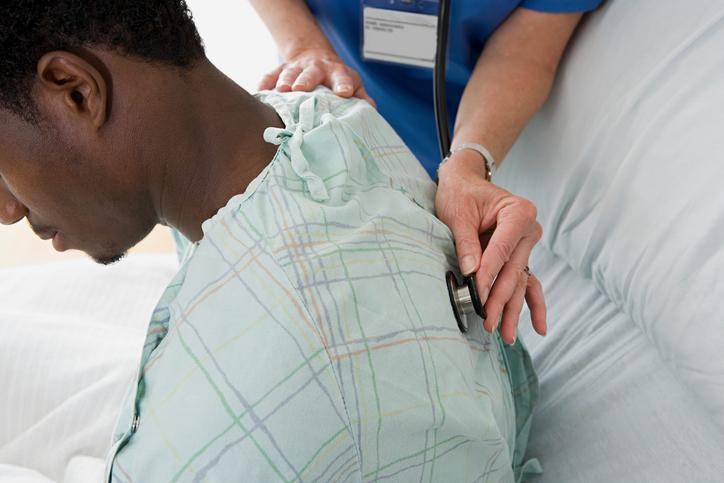
Data from a phase 3 trial show that Takeda's live-attenuated dengue vaccine provides sustained protection against the mosquito-borne disease, with a favorable safety profile, the Japanese drugmaker said today.
In a news release, Takeda officials said data from the TIDES (Tetravalent Immunization against Dengue Efficacy Study) trial show that two doses of the TAK-003 vaccine, marketed under the name Qdenga, provided 61.2% vaccine efficacy (VE) in preventing virologically confirmed dengue and 84.1% VE in preventing dengue-associated hospitalization after 4.5 years. VE against hospitalization rose to 90.6% 2 years after a booster dose was administered at 4.5 years.
Overall efficacy was seen across all four dengue serotypes, and no new safety signals were reported, the company said. The trial involved more than 20,000 healthy children and adolescents (aged 4 to 16 years) from eight dengue-endemic countries in Latin America.
"Qdenga is the most comprehensively studied dengue vaccine, with more than 60,000 participants globally in the clinical program, and these long-term data highlight the durability of its safety and efficacy profile, across diverse populations worldwide," said Derek Wallace, MD, president of the Global Vaccine Business Unit at Takeda.
Vaccines needed amid global surge in dengue cases
Qdenga was first approved in Indonesia in 2022, and has been authorized in 41 countries, with 18.6 million doses distributed across 11 endemic countries. It's one of two dengue vaccines, along with Sanofi's Dengvaxia, that have been prequalified by the World Health Organization to combat dengue, which has seen a substantial global increase in incidence over the last 5 years. More than 14 million cases were reported across 100 countries in 2024.
Edson Moreira, MD, a senior researcher with Brazil's Oswaldo Cruz Foundation, said the inclusion of Qdenga in Brazil's public vaccination program has reduced symptomatic cases and hospitalizations.
"Brazil, consistently among the countries most impacted by dengue, has contributed to the record-breaking number of dengue cases and rise in severity and deaths," Moreira said. "This surge highlights the urgent need for prevention methods like QDENGA."
The data were presented last week at the annual congress of the World Society for Pediatric Infectious Diseases.












